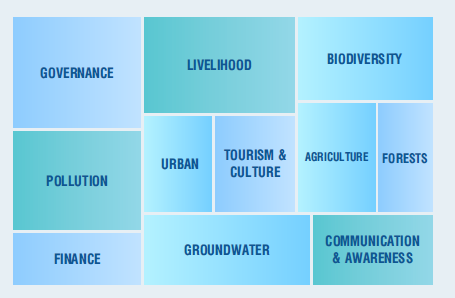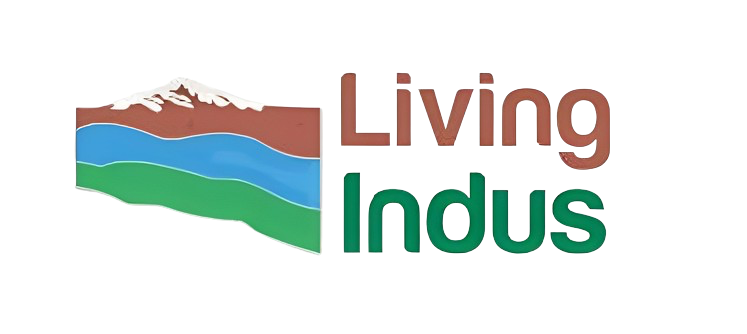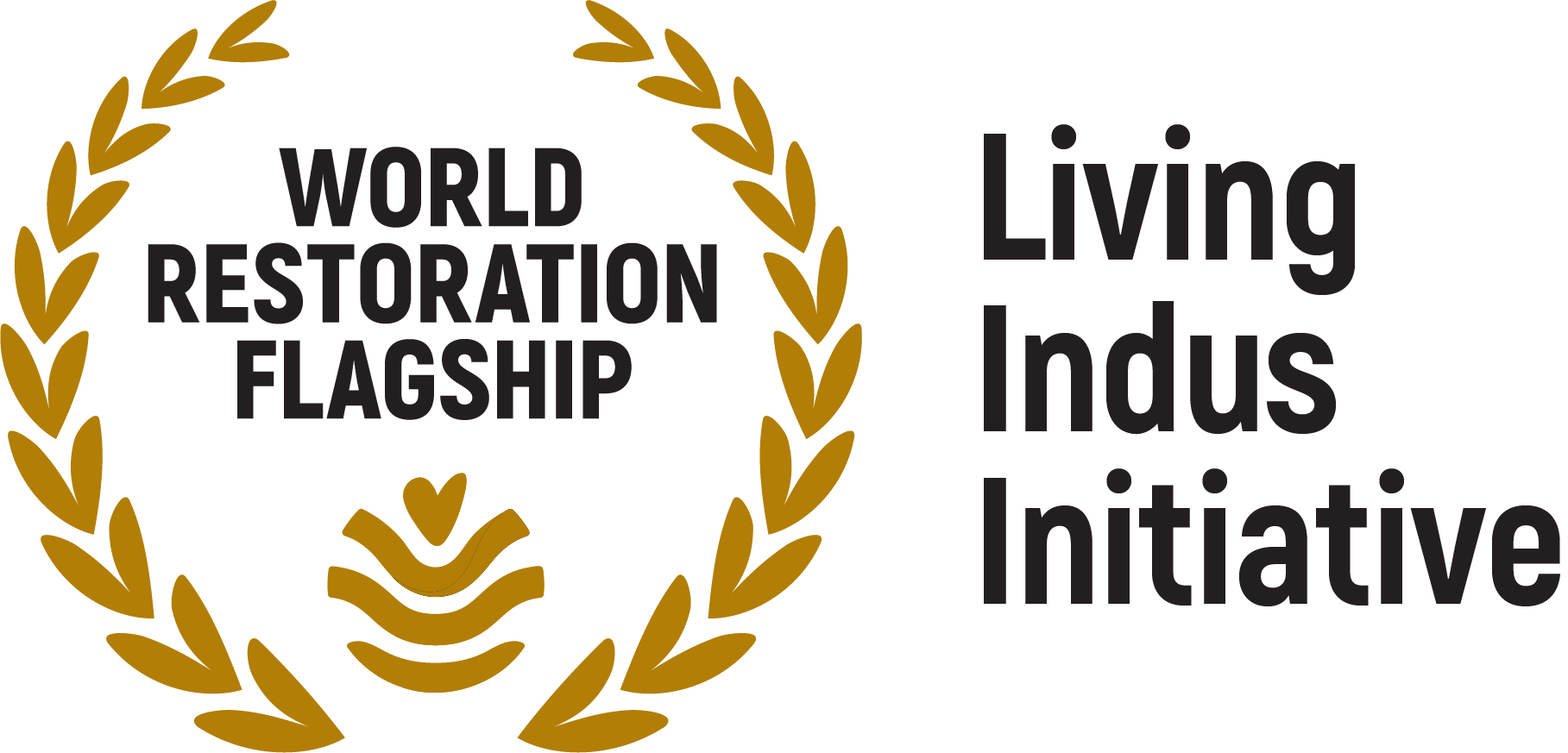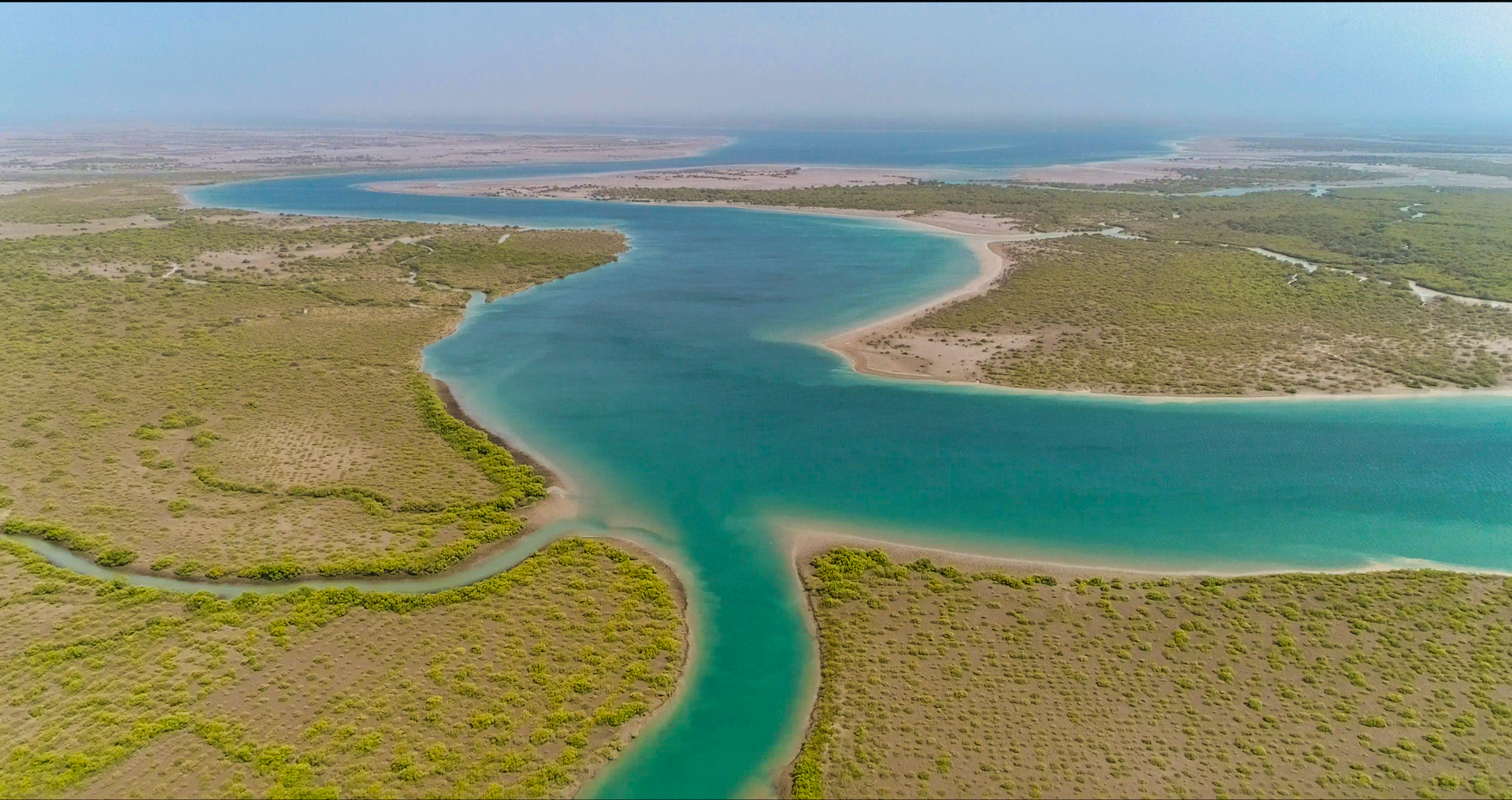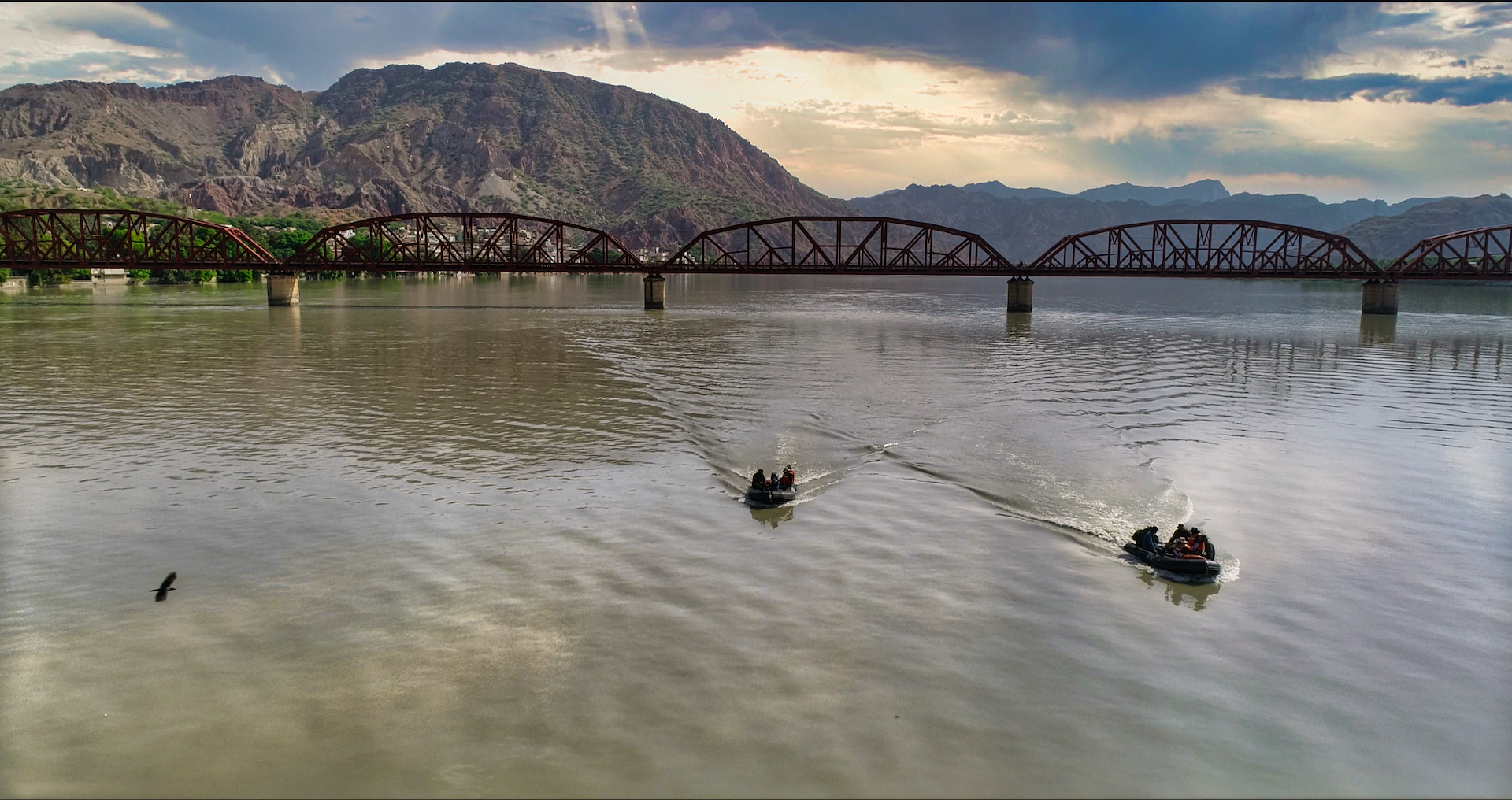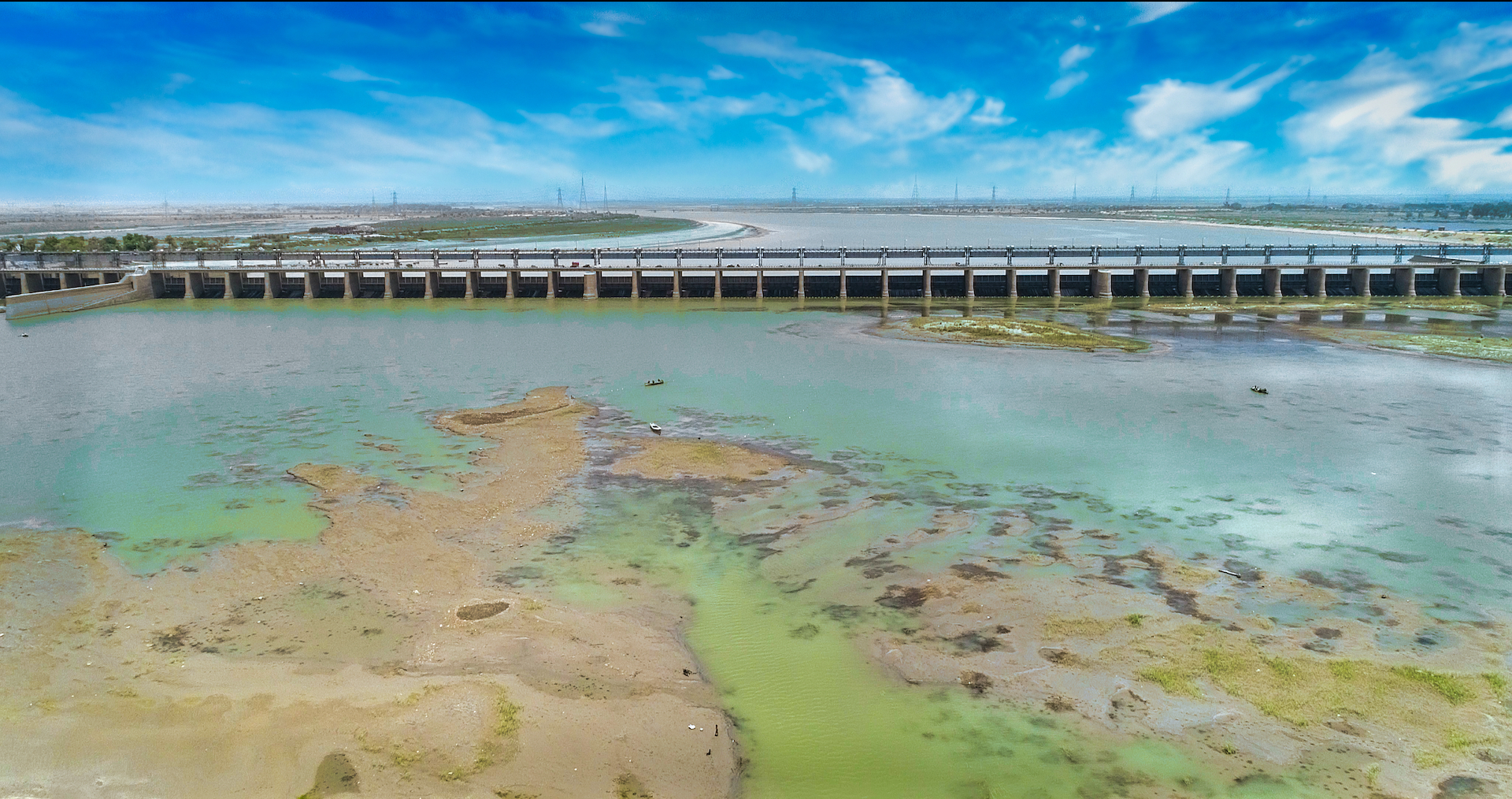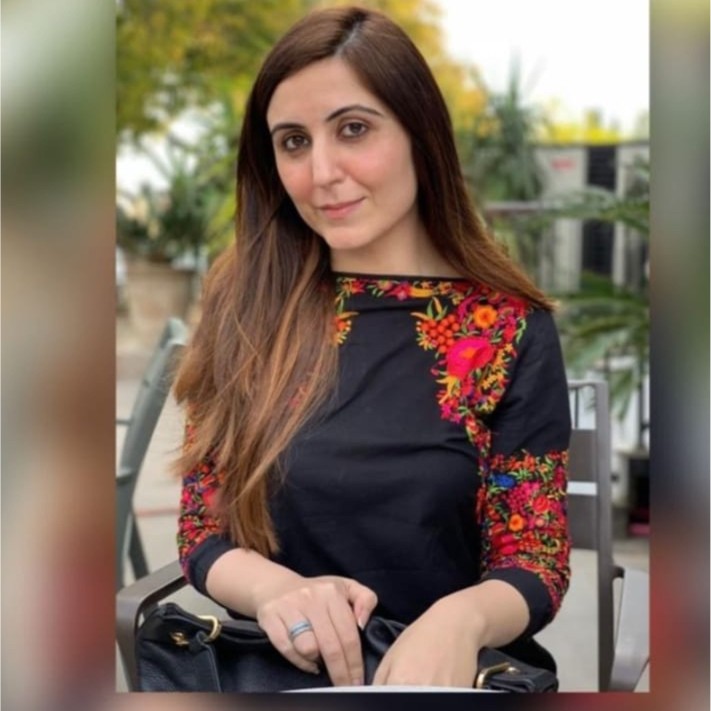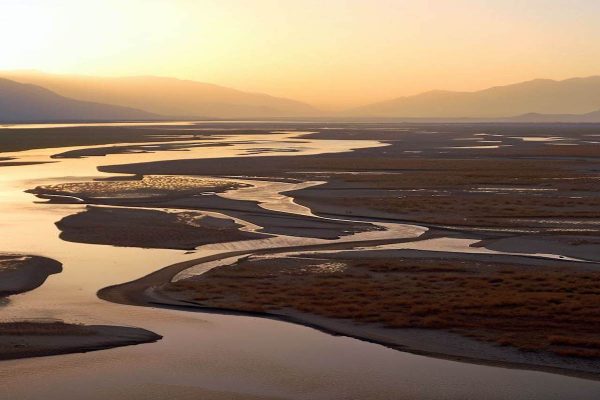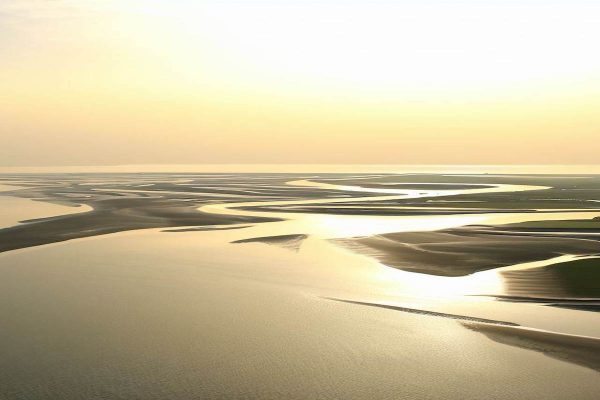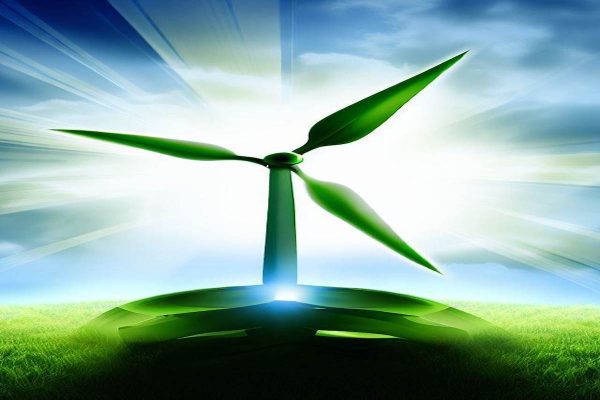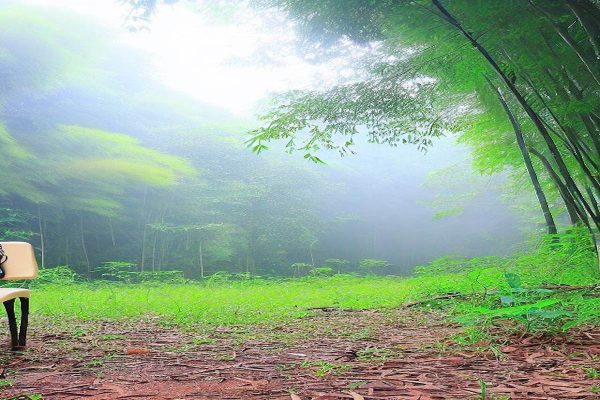What Indus Means for Pakistan
90% of Pakistan's people and more than three quarters of its economy resides in the Indus Basin. More than 80% of Pakistan's arable land is irrigated by its waters. Nine out of ten largest cities in Pakistan are situated within 50 km or less, of the waters of Indus; the one exception being Quetta.
No danger is more existential to today's Pakistan than the perils of unabated climate change and the havoc it could play with the Indus Basin. We cannot afford the luxury of waiting. Many of things that we know need to be done, must be done now. Immediately!
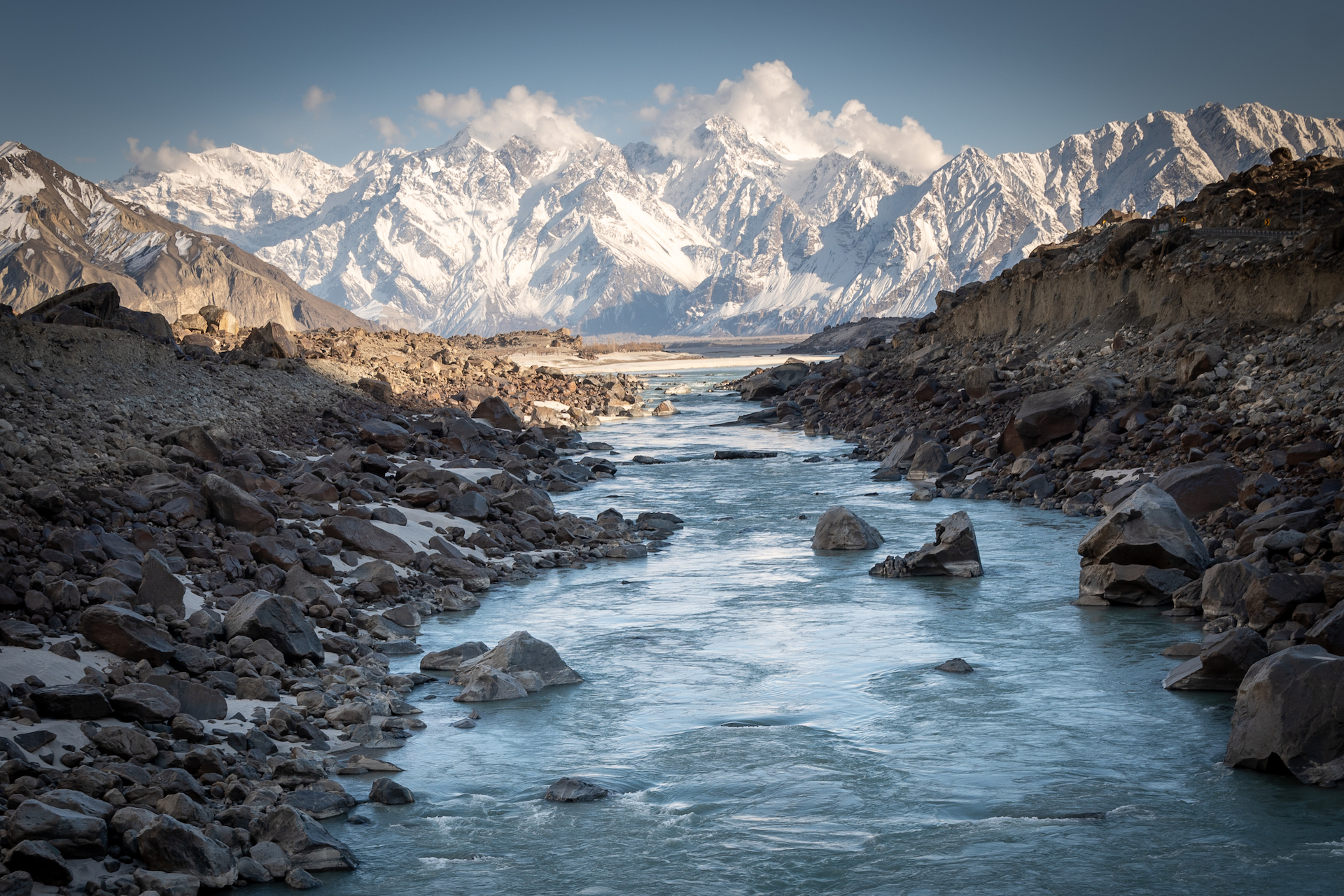
The Indus has served as the vibrant core of the social, cultural and economic life of what is today called Pakistan for well over a documented 5,000 years. But, today, one is forced to wonder if it will be able to do so even for another 100 years ?
Time to act
What is Living Indus
The idea of a Living Indus for the Basin’s ecological restoration (within the boundaries of Pakistan) was developed jointly by the Ministry of Climate Change and United Nations in Pakistan under a directive of the Prime Minister’s Committee on Climate Change for the Government of Pakistan.
The scope was refined and developed through a series of consultations with senior policy makers and experts in all the provinces (mostly at the Chief Minister level) and in Azad Jammu and Kashmir (Prime Minister’s office); meetings of our research team with provincial policymakers in key ministries and departments; and a series of expert consultations with academic, civil society, business and area specialists. We are grateful to all who provided comments and ideas during the consultation process. We are also grateful for the care with which reviewers in government departments at the Federal and Provincial levels read the document and provided feedback that has greatly improved this version. We hope that a number of comments that were beyond the scope of the current exercise in proposing useful next steps and expansion of ideas will be taken up in subsequent work.
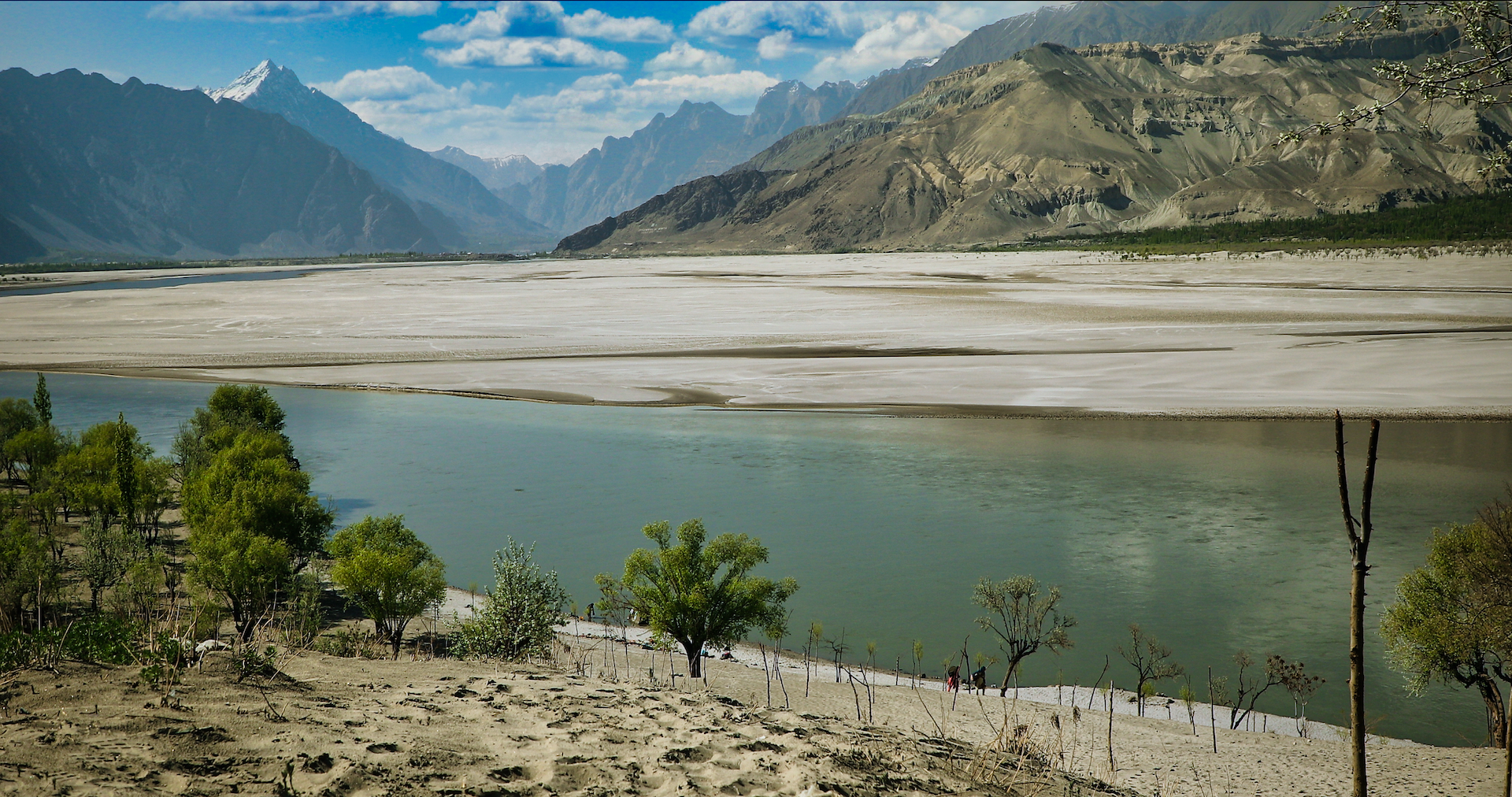
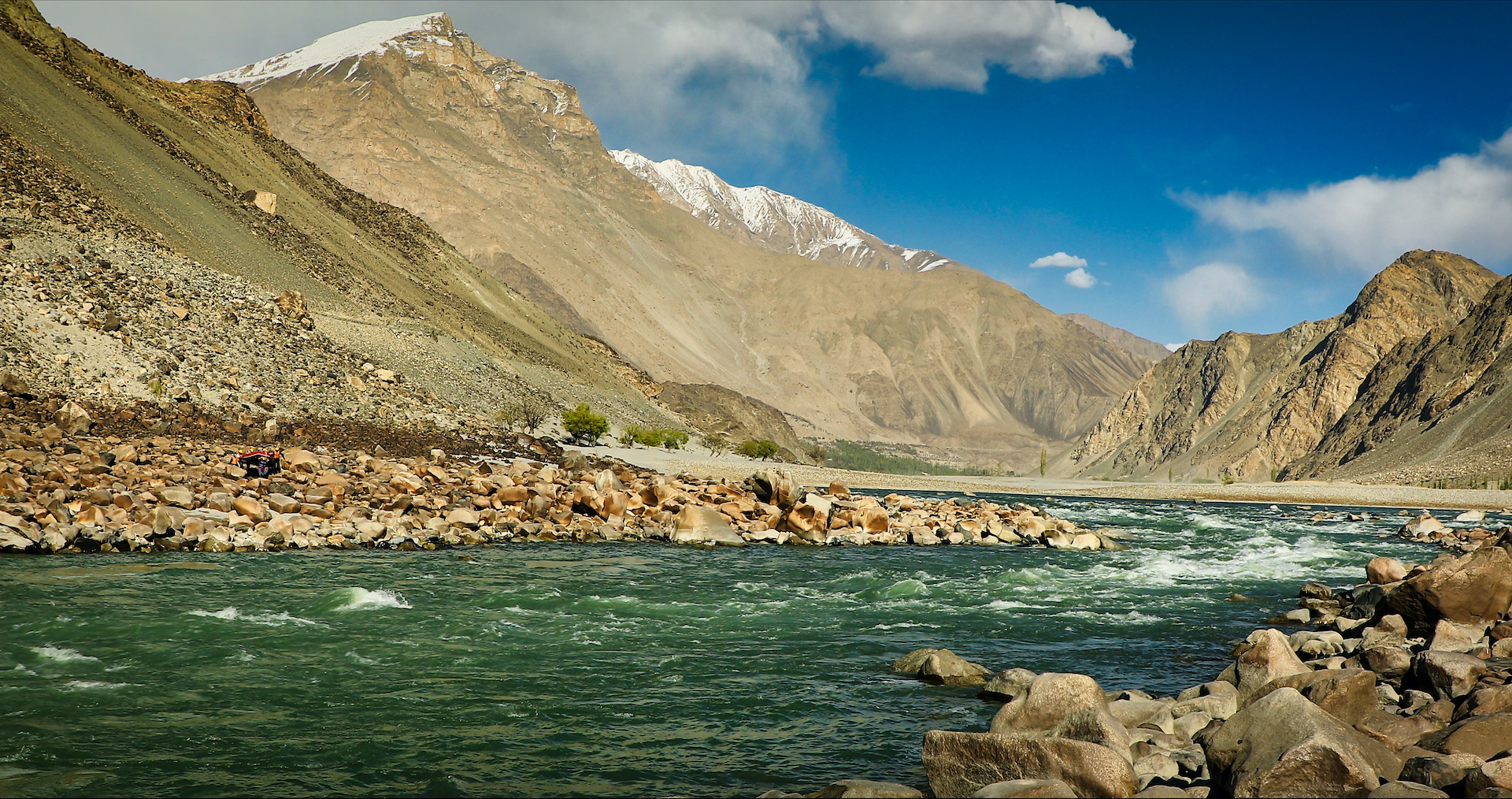
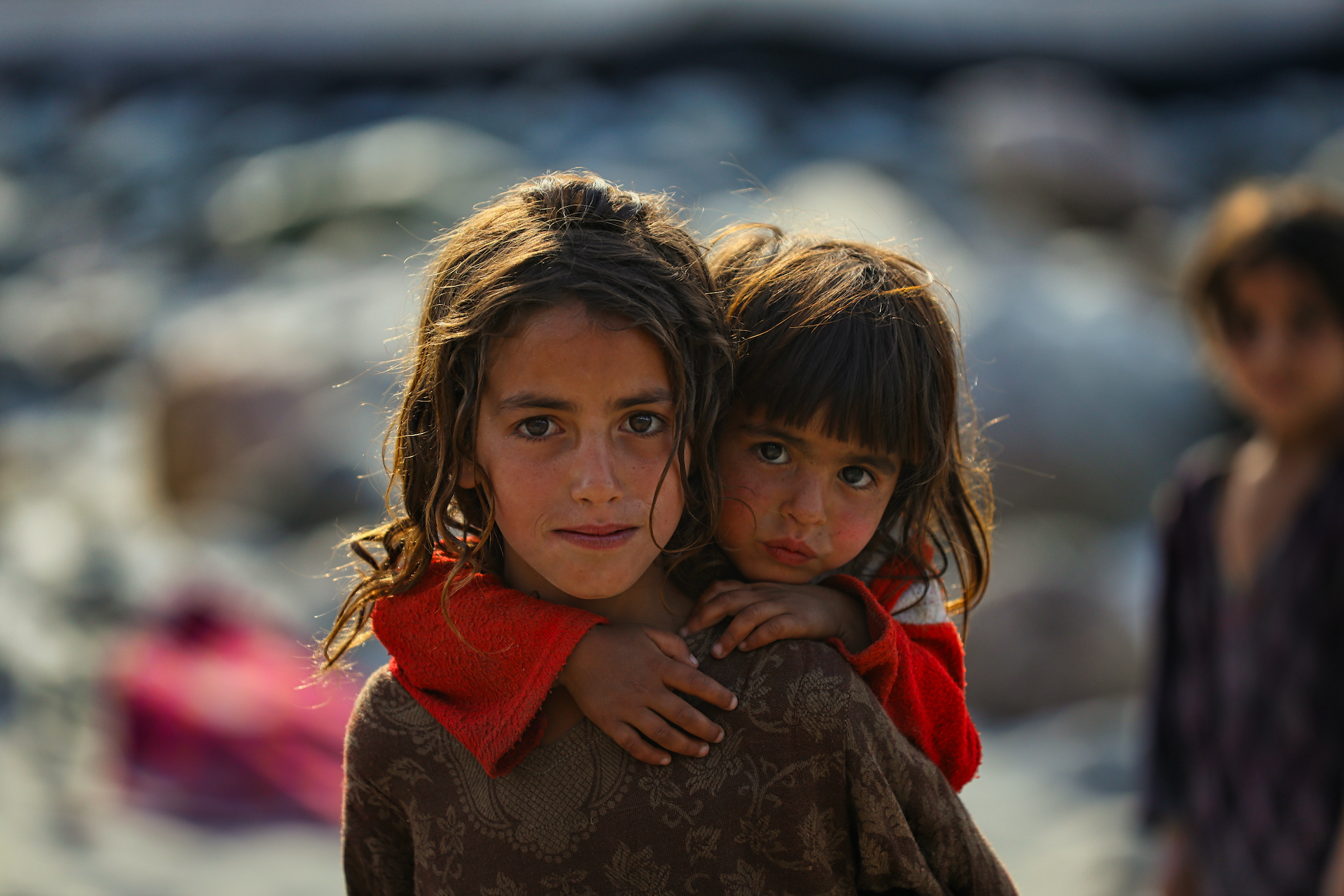
Since 2021
Insight and supervision was provided by a Steering Committee headed by Julien Harneis (ex-United Nations Resident Coordinator for Pakistan) with Joudat Ayaz (ex-Additional Secretary Ministry of Climate Change), Florence Rolle (FAO representative to Pakistan), Aban Marker Kabraji(UNDCO Senior Advisor Climate Change and Biodiversity), Saad Hayat Tamman (National Coordinator), and senior advisors Mark Halle and Adil Najam as members.
The research and writing team was guided by Senior Advisors Mark Halle and Adil Najam. The writing team included Saad Hayat Tamman(National Coordinator), Dr. Fazilda Nabeel (Punjab Coordinator) and Faraz Toor (Data Lead), with valuable inputs also coming from Dr. Muhammad Zia Hashmi of the Global Change Impact Studies Centre (GCISC). In addition to them, the Research Team also included Imran Leghari (Sindh Coordinator), Sanaullah Khan (KP Coordinator), Abdur Rauf (AJK Coordinator), Faiz Kakar (Balochistan Coordinator), Gulalai Khan (National Communication Lead) and Ali Gauhar (Communication Specialist) who developed and refined the ideas contained in this report. We are grateful for the support and insights provided by the staff at the Ministry of Climate Change, the office of the United Nations Resident Coordinator, and United Nations Food and Agriculture Organization.
We are grateful
to
Our pioneers
priority interventions
Living Indus in media
- Gilani calls for collective action against climate change threats - Associated Press of Pakistan August 18, 2025
- Activists urge environmental restoration projects as seawater threatens Pakistan’s Indus delta - Arab News August 10, 2025
- Death of a delta: Pakistan's Indus sinks and shrinks - The Economic Times August 6, 2025
- ‘Water has surrounded us’: The slow death of Pakistan’s Indus delta - Al Jazeera August 5, 2025
- Death of a delta: Pakistan’s Indus sinks and shrinks - The Straits Times August 5, 2025
- Climate change – Fighting a battle for survival - Associated Press of Pakistan June 1, 2025
- The Indus Waters Treaty: A Watershed Moment For Women-Centered Governance - The Friday Times May 13, 2025
- Kashmir Tensions, Global Warming Put Indus Waters Treaty On Life Support - BizzBuzz April 30, 2025
- Kashmir Pahalgam Terror Attack Highlights: Jaishankar Briefs Saudi Counterpart On Pahalgam Attack, Highligh - News18 April 25, 2025
- Tensions over Kashmir and a warming planet have placed the Indus Waters Treaty on life support - The Conversation April 25, 2025
Core Team
Growing Demand for Action
Citizens of Pakistan want to act, as we need a cohesive effort to reverse ecological degradation of Indus Basin. The very existence of our future depends on the state of Indus Basin.
Interventions
The interventions identified here cover a variety of sectors which are critical to a healthy Indus Basin as illustrated in the Tree-Map
The interventions are designed to be in line with global best practices for ecological restoration of river basins and have focused on green infrastructure and nature based approaches where ever possible.
